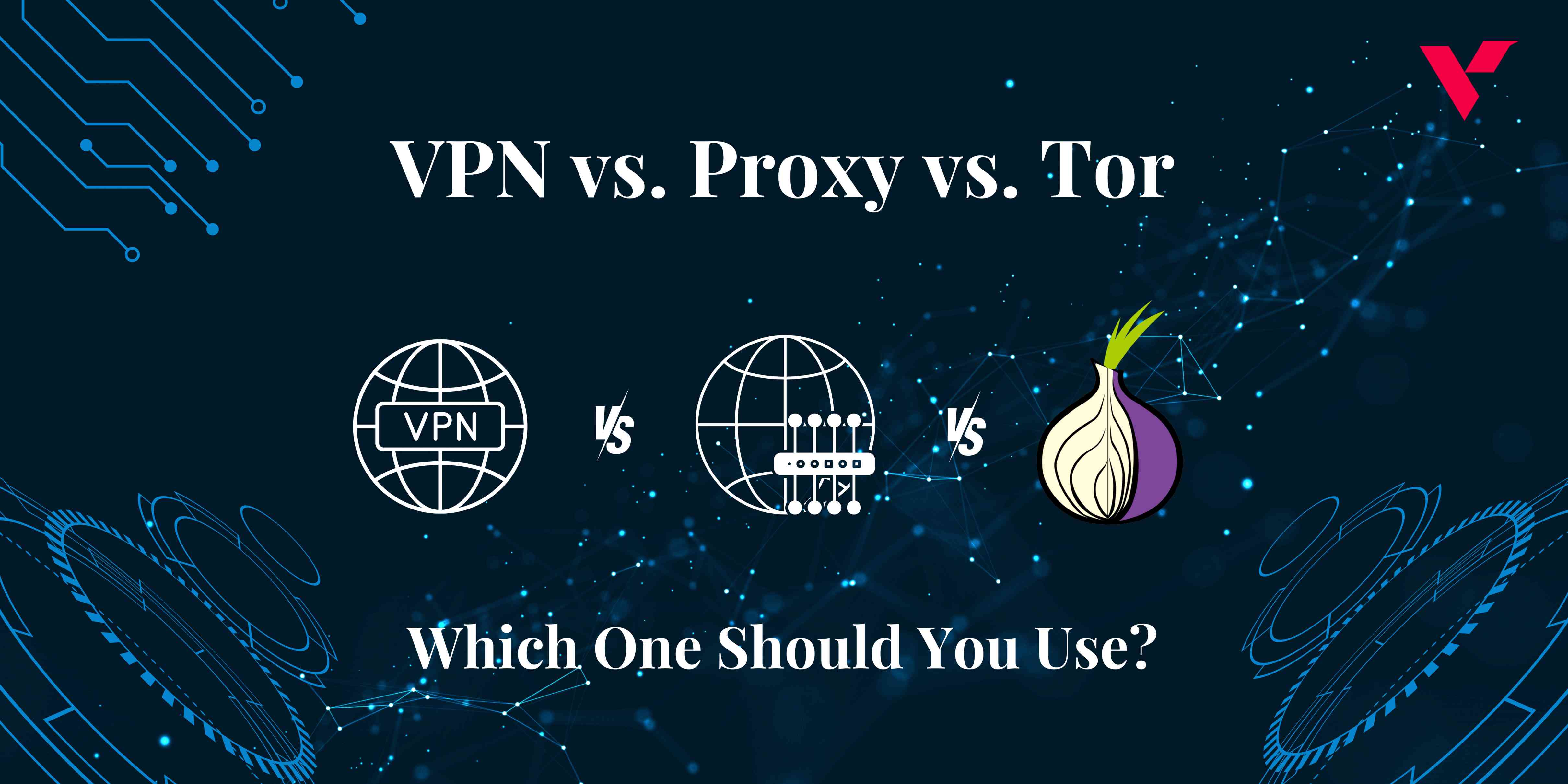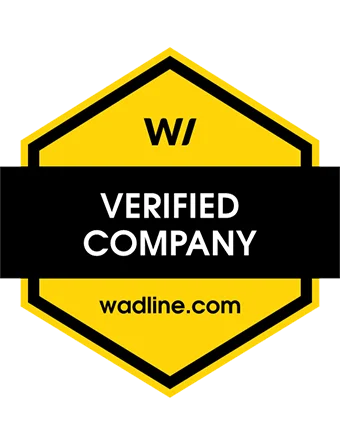Popular Tools by VOCSO
When business owners entrust someone to build their online presence, they naturally want it to be someone who emanates professionalism, credibility, and trust. One of the best ways for your business to embody these traits is by choosing the LLC, or Limited Liability Company, as your legal structure.
Simply put, LLC status indicates that your business is legitimate… not a side hustle or a hobby, but a real business that you’ve taken the time to register with the state. That can make a world of difference as you seek to win the trust of your clientele.
Table of Contents
Defining the LLC
But let’s back up for a minute. When we talk about LLC, exactly what are we talking about?
The LLC is one of a handful of legal structures you can choose for your business; other common examples include Partnerships and Sole Proprietorships. What distinguishes the LLC is that it actually creates a whole separate legal entity. With a Sole Proprietorship, there is no distinction made between you and your business. By contrast, the LLC provides a way for you to keep your business assets and liabilities separate from your personal assets and liabilities.
This also means that, when you establish an LLC, you’re able to create a separate business bank account for your LLC company, distinct from your personal bank account. This isn’t an option with Sole Proprietorships, and it hints at the kind of legitimacy you can cultivate when you choose the LLC format.
How Do LLCs Enhance Credibility?
In fact, there are a number of ways in which the LLC structure can provide your business with a greater sense of legitimacy, helping you win the trust of your clients. Here are just a few examples.
Increased Formality
When you start an LLC, you’re legally required to include either “LLC” or “Limited Liability Company” somewhere in the name of your company. Far from being an onerous legal restriction, this can actually be a boon.
Why? Because when your potential clients see that your company is clearly registered as an LLC, it conveys to them that you’ve expended the time, energy, and money to create a formal business entity, legally registered with the state. So, even if your clients aren’t totally clear on what an LLC is, they’ll understand that you’ve gone to great lengths to ensure your company is structured and sound.
Increased Seriousness
Here’s another important point about naming. When you run your company as a Sole Proprietorship, you have to do business in your own name; so, when people pay you for your services, they have to make out their check or address their payment to John Smith (or whatever else your name happens to be). This can’t help but create the impression that your business is just something you’re doing on the side, or that it’s not something you’re taking very seriously.
Again, being able to provide a more official business name is an important way of indicating that your clients aren’t dealing with a side hustle or a busman’s holiday. It helps them to see that your business is a serious concern into which you’ve invested significant professional resources and energy.
Business Banking
Finally, and just to reiterate: When you choose the LLC format for your business, you’ll be able to create your own business bank account, keeping your company’s assets separate from your personal ones. This also means you can receive payments under your business name, as opposed to checks made out to you personally.
Business banking is another important way to convey the security, stability, and professionalism of your company.
How to Establish an LLC
All of this raises a set of questions: What’s actually involved with creating an LLC for your business? How does the legal approval process vary by state, and on average how long does it take to get an LLC approved? Here’s a quick rundown of the LLC formation process.
Choose and Register Your Name
We’ve emphasized how the name of your LLC is closely tied to your professional credibility, so naturally, this is a key part of the LLC formation process. The name you register with the state needs to meet two basic criteria:
- Your name can’t be in use by another business in your state; you’ll need to check your state’s online business registry to ensure you’re selecting something unique.
- You have to have LLC or Limited Liability Company somewhere in your business name.
Choose a Registered Agent
A Registered Agent is someone who is authorized to receive and file important legal and tax documents on behalf of your business.
A few states will let you name an employee of the company to serve as the Registered Agent, but for the most part, you’ll need to choose an external, third-party service.
Prepare an Operating Agreement
Your Operating Agreement is sort of the master plan for the entire business. It’s a document that should indicate how you’ll structure the leadership of your company, how you’ll allocate managerial responsibilities, how you’ll distribute profits, and how you’ll bring on new partners (should you desire).
While these agreements are not legally mandated, they can be invaluable for minimizing tension or conflict between different members.
File Articles of Organization
While an Operating Agreement is not legally required, you are required by law to file Articles of Organization with your state. The specifications for this document may vary from one state to the next, but will generally include information such as the following:
- The name of your LLC.
- The address where your LLC will be headquartered.
- The duration and purpose of your LLC.
- Whether the company is managed by its members or by an external manager.
- The name of your Registered Agent.
Note that one or more of your LLC’s partners (founders) will need to offer their signature. And, you’ll need to pay a nominal LLC filing fee. In many states, this fee is under $100, though in some states it may be more.
Get Your Financial Affairs Set Up
A couple of important financial preparation tips for your business:
- Claim an employee identification number (EIN) from the IRS website. This is free for U.S. citizens.
- Establish your business bank account.
What are the Other Advantages of Forming an LLC?
Along with professional credibility, there are a number of other benefits to LLC formation. Here are just a few of the perks that your firm can anticipate.
Personal Liability Protection
One of the main reasons why small business owners choose the LLC format is that it provides them with personal liability protection. Simply put, when you have an LLC, your personal assets are protected from lawsuits or creditors. This can give you some peace of mind as you invest in the growth of your business.
Tax Flexibility
The LLC format also provides a high level of flexibility with regard to tax reporting. You can choose whether your business needs to be taxed on a pass-through basis, simply filing profits on your personal income tax returns, or be taxed at the corporate tax rate.
Management Flexibility
That’s just one area in which the LLC structure provides some built-in flexibility. You also have wiggle-room with regard to how you manage your business day-to-day. For example, you can elect to run the business yourself, to share managerial duties with your partners, or to bring in a third-party manager to help you administratively.
Enhanced Privacy
Should you choose to incorporate your business, you’ll face stringent legal requirements about the types of personal and financial information you must disclose to the public. But with an LLC, your reporting requirements are minimal, allowing you to preserve some confidentiality.
Access to Funding
A final note: It’s precisely because the LLC is so credible, so legitimate, that it makes it easier for you to secure the funding you need for business expansion. LLCs emanate trust and professionalism, which opens the doors to bringing in venture capitalists or other investors. Additionally, you’ll have more options for business lines of credit or business loans than you would if you had a Sole Proprietorship or a Partnership.
For any Business, the LLC is a Natural Fit
As you try to bring in clients for your company, you’ll naturally need to convey a sense of trustworthiness. One of the smartest ways to do so is to choose the LLC structure, demonstrating your commitment to running a professional, serious, and credible business, worthy of your clients’ trust and investment.

















